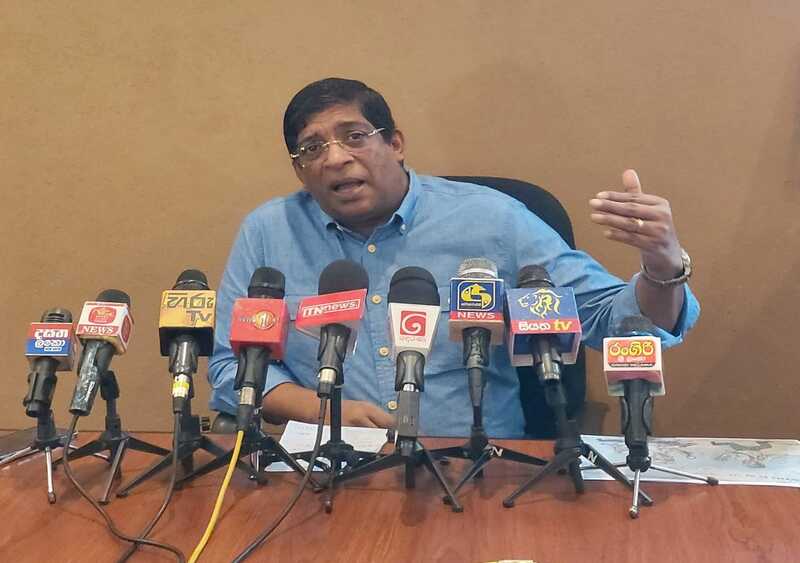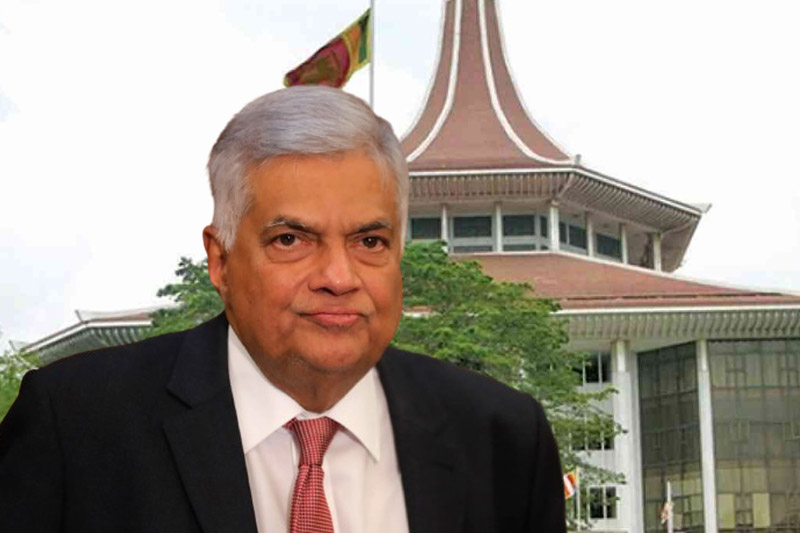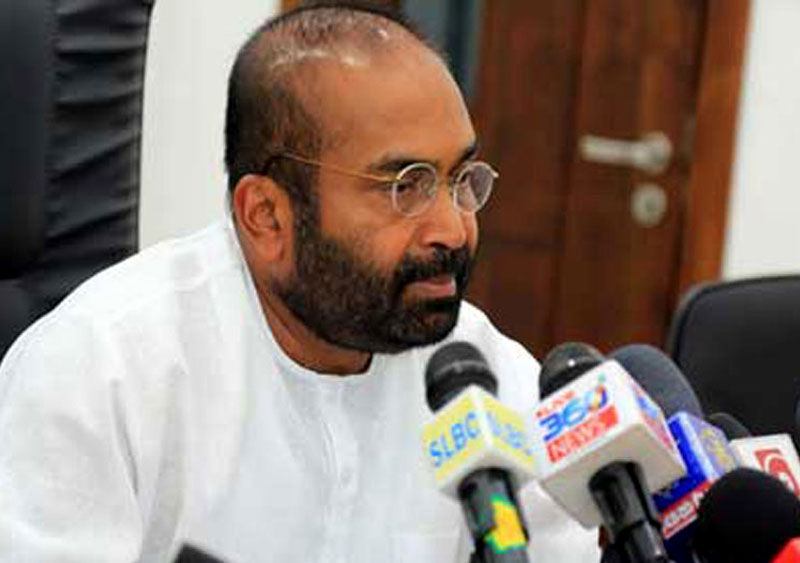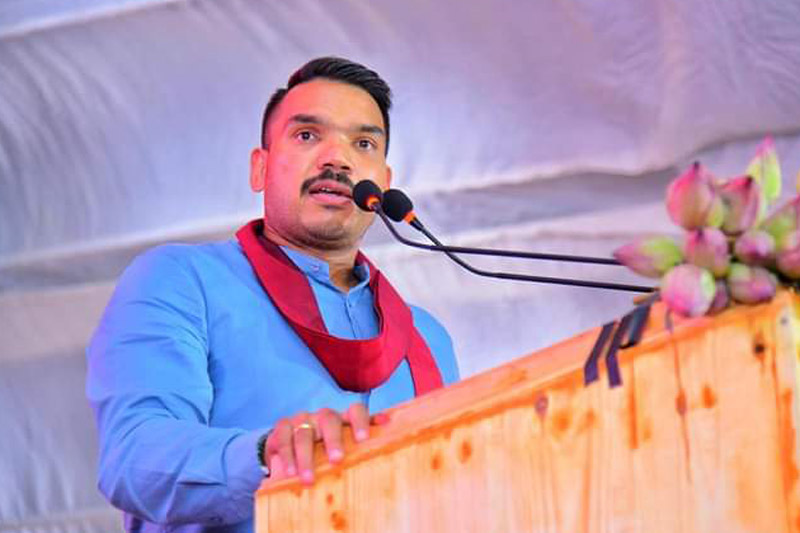History has been made with the end of bankruptcy in Sri Lanka consequent to striking a debt restructure deal with external creditors and sovereign bond holders this week, former finance minister Ravi Karunayake said.
The finalisation of the Memorandum of Understanding with the Official Creditor Committee (OCC) and final agreements with the Export Import Bank of China along with Ad Hoc Private Bondholder’s group external on debt treatments would be expected on Wednesday (26).
Sri Lanka will announce the freedom from bankruptcy status on Thursday (27), after the declaration of a preemptive default on April 12, 2022, suspending external debt repayment as it had USD 20 million as gross official reserves.
He observed that the restoration of fiscal sustainability and sustenance in revenue mobilisation efforts may have been prompted by external creditors finalising the debt restructuring in accordance with the IMF supported program targets and shielding social and capital spending.
"President Ranil Wickremesinghe has implemented a reform program designed to stabilise the economy and country containing a combination of steps to restore fiscal and debt sustainability, improve governance, and reduce corruption risks. The economy is now recovering, inflation remains low, revenue collection is improving, and reserves continue to accumulate. The key to transitioning from debt stabilisation achieved at present to a full economic recovery is to strengthen the private sector as it is the engine of growth passing the benefits of reducing interest rates sternly directing banks to follow suit," he noted.
Revolution needed in the country today is the public sector commercialisation, Karunanayake said, adding that the private sector has to take up the challenge of increasing exports contributing their share to GDP growth.
He further said that the government is taking measures towards further trade liberalisation to promote export and foreign direct investment.
"Real GDP expanded by 3 percent year-on-year in the second half of 2023. In May 2024, inflation was 0.9 percent, and gross international reserves increased to USD 5.42 billion dollars as at end of May this year. The primary balance improved to a surplus, with tax revenue increasing to 9.8 percent of GDP in 2023. Despite these positive developments, the economy is still vulnerable due to the impact of high interest rates maintained by the Central Bank for a long period, revenue mobilisation, reserve accumulation and banks’ ability to support the economic recovery continue to affect the recovery process," he claimed.
Sri Lanka’s vast volatility in exchange and interest rates, which cannot be predicted even in the short term and policy changes are key threats for the banking sector and economy, he pointed out.
The Central Bank has raised borrowing costs to tackle record-high domestic inflation and to contain any buildup of underlying demand in 2022.
The Standing Lending Facility rate was raised by a full percentage point (or 100 basis points) to15.5 percent while the Standing Deposit Facility Rate rose by the same amount to 14.5 percent, the highest in 21 years.
"Sri Lanka’s small and medium businesses are in more trouble with the increase of bank interest to 36 percent from over 7 percent loans taken during a time when interest rates were kept down by authorities, than recent tax hikes, according to SME associations. The government is now compelled to rescue Small and Medium-scale Enterprises (SMEs) that make up a large part of Sri Lanka's economy, with over one million SMEs accounting for approximately 75 percent of all businesses," he added.





















